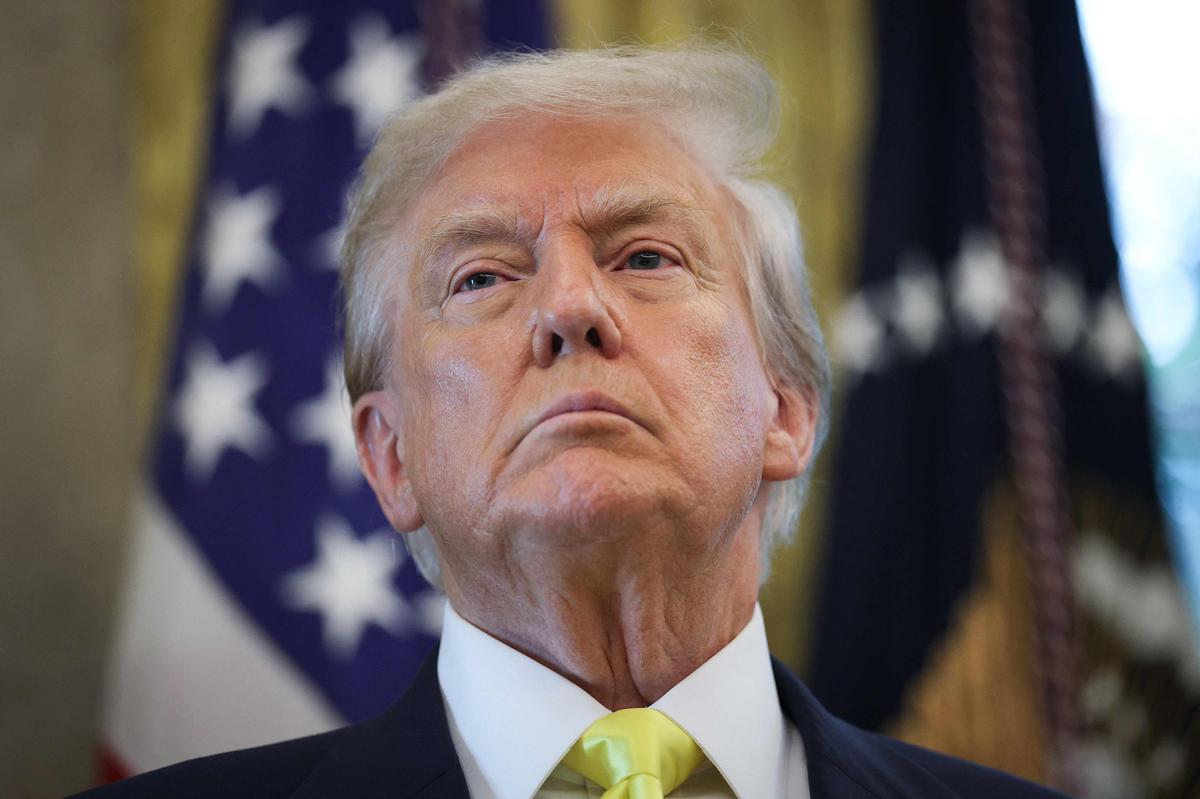Now Reading: Inside Kim Jong Un’s Secret Toilet: Why North Korea Guards Every Detail
-
01
Inside Kim Jong Un’s Secret Toilet: Why North Korea Guards Every Detail
Inside Kim Jong Un’s Secret Toilet: Why North Korea Guards Every Detail

North Korean leader Kim Jong Un’s foreign visits often draw global attention, not just for diplomacy but also for the secrecy surrounding his travel. A recent trip to Beijing highlighted an unusual detail—Kim’s private toilet, which travels with him wherever he goes. Reports suggest his aides even ensure that waste is collected and disposed of securely, preventing any chance of foreign agencies accessing his DNA. This level of control has sparked curiosity worldwide.
The idea of carrying a private toilet may seem extreme, but for North Korea, secrecy is part of statecraft. Protecting the leader’s health information is seen as vital to national security. Even after meetings, aides reportedly wipe down rooms to remove any trace of DNA or fingerprints that could reveal personal medical details. Such precautions underline the regime’s fear of outside surveillance and its determination to control the leader’s image completely.
For India, this story may appear distant, yet it reflects how authoritarian governments maintain power by managing even the smallest aspects of their leaders’ lives. In Tier-2 cities where discussions on global affairs often connect to daily realities, people see such reports as reminders of how differently leadership is handled across countries. While Indian democracy thrives on public visibility of leaders, North Korea represents the opposite—absolute secrecy.
Analysts note that Kim’s unusual security practices also serve as a signal to the world. By ensuring no information about his health leaks, he reinforces his position as a strong and untouchable leader within his country. At the same time, it fuels global curiosity and speculation about his wellbeing, age, and ability to rule.
In the end, Kim Jong Un’s traveling toilet is more than just a quirky detail—it is a symbol of control, secrecy, and the extent to which North Korea goes to protect its leader. For ordinary people, it shows how power can shape even the most private aspects of life when politics and image are at stake.

























